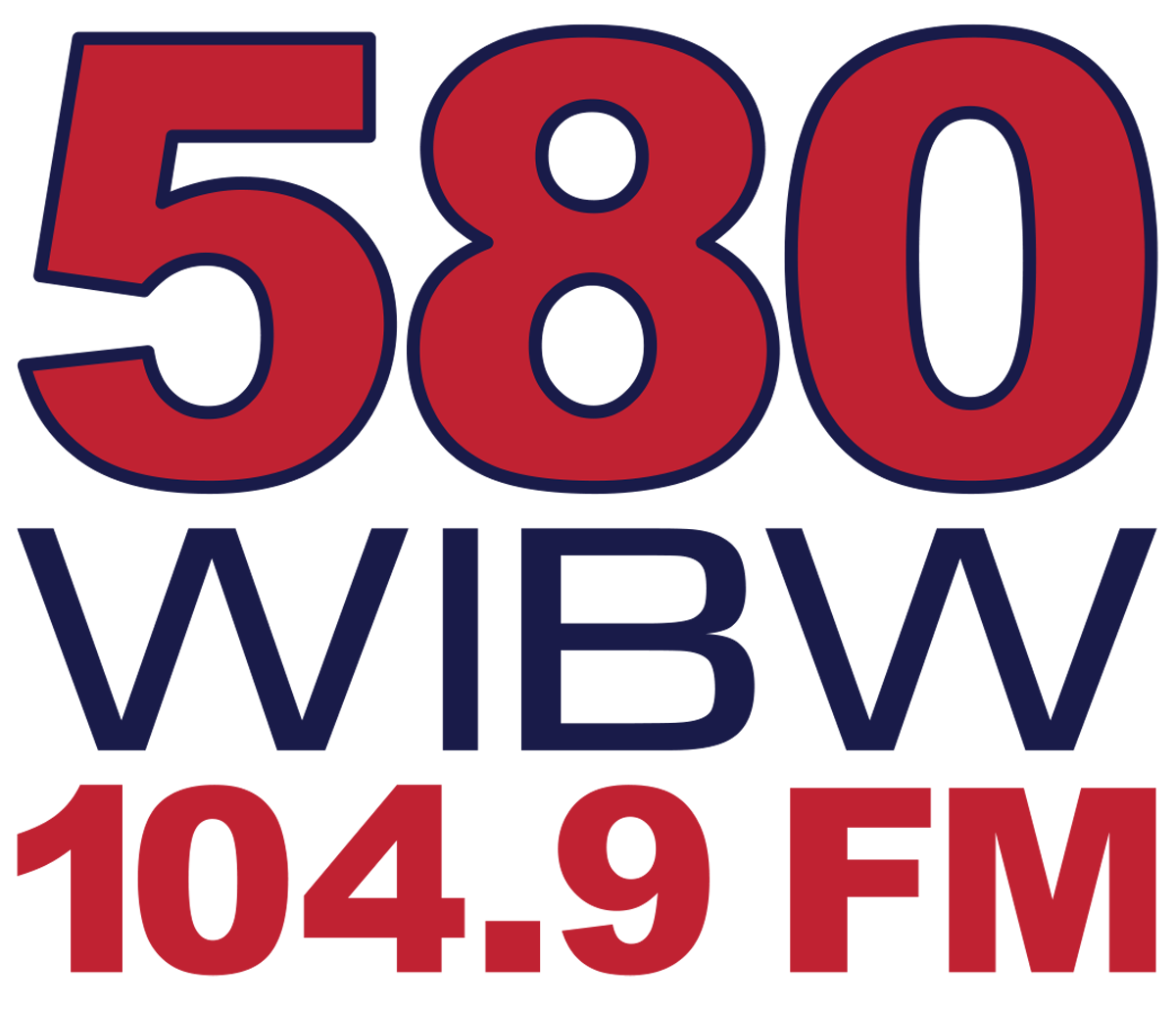Voting age should be on the table, but not necessarily to lower it, says professor

Earlier this month, Speaker of the House, Nancy Pelosi expressed her personal preference to change the voting age to 16 across the country. A professor with the Convention of States project believes we should look at the issue, but he doesn’t come to the same conclusion. Professor Rob Natelson notes that it was the 26th Amendment to the Constitution that standardized the voting age at 18.
“Before that, states pretty much had authority over their voting age and most of them had chosen the traditional age of 21,” said Natelson. “Nancy Pelosi is among those calling for a 16 year old voting age. Not a good idea. In fact, we’ve actually been walking back this 18-year-old decision ever since it was made in the early 70s. If you think about it, we’ve raised the age of drinking. We’ve raised the age of driving in some states. Where marijuana and other drugs like that are legal, they’ve raised the age.”
There’s been some scientific discovery since the ratification of the Amendment, as well.
“We now know that the brain doesn’t entirely mature until age 25,” said Natelson. “We know also that people remain dependent for much longer than they used to on their family, on university scholarships. That’s why Obamacare allows people to stay on their parents insurance policies until they are 26. We need to have a conversation about this, but it needs to be about whether we want to raise the age, not lower it.”
One of the objectives of a Convention of States, if one is ever called, is to propose an amendment to return the power of setting the voting age back to the states, which would be consistent with how states are in charge of most other election law.
“Article I, Section IV, Clause I, that’s called the elections clause, or the time, places and manners clause,” said Natelson. “That recognizes the power of states to set the rules for even federal Congressional elections. Obviously, they have that power for their own elections, which the 26th Amendment, lowering the voting age, partially took away from them. Otherwise, they have that power for their state and local elections, but even in federal elections, the primary governance is with the states.”
Data released at the end of 2018 by Scott Rasmussen said 26 percent of Americans want to raise the voting age, while just 10 percent want to lower it.



